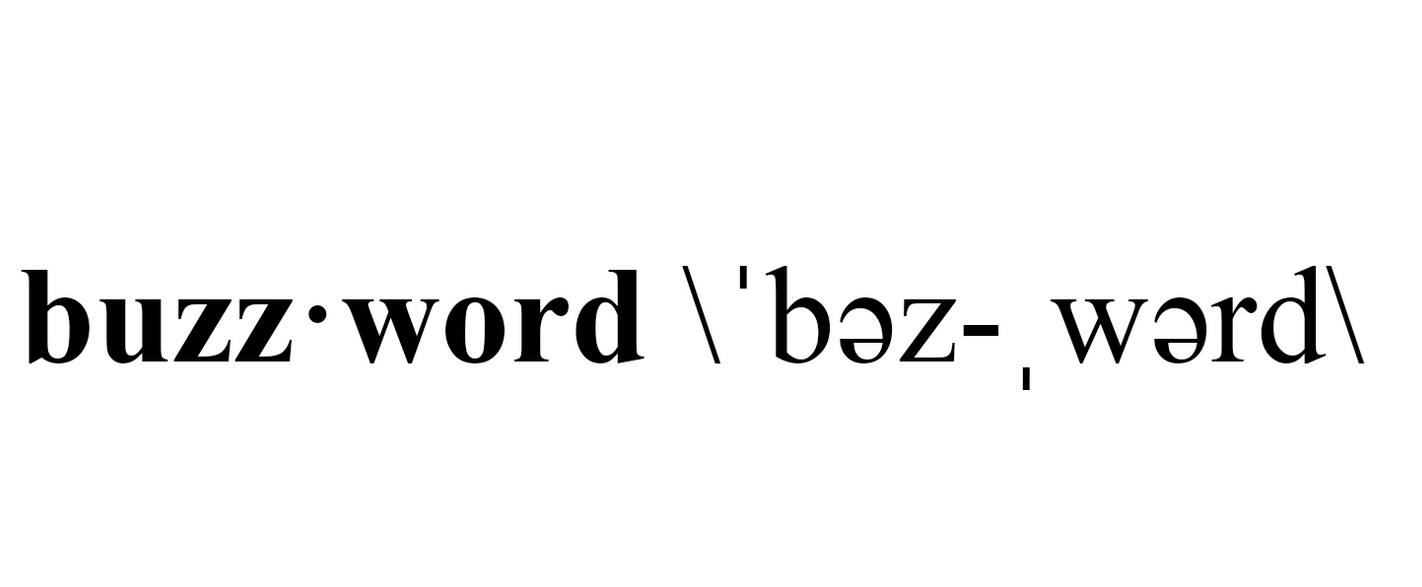The hard graft of collaboration is worth the struggle
Ahead of his session at next week’s CommsCon, One Green Bean CEO Carl Ratcliff discusses how while client collaboration can at times seem impossible, it’s one of the most important skills an agency can master.
The marketing world is full of ‘fat’ words.
Words that we use to showcase our dynamic ways. Buzz words that don’t really buzz at all. Instead, their over use blunts and loses meaning. We’re frequently striving to be more ‘strategic’, more ‘creative’, more ‘agile’.


